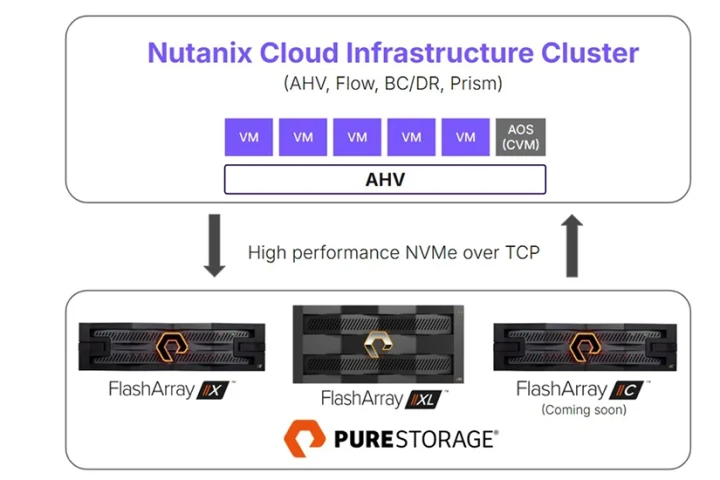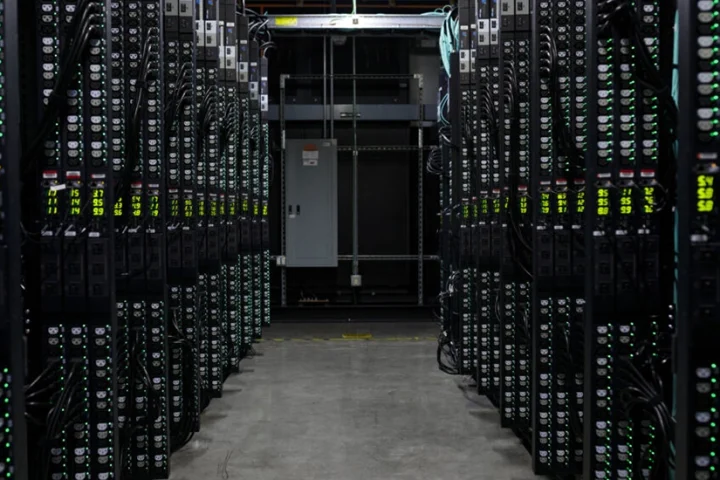Pure Storage in partnership with Wakefield Research, released a new report identifying the hurdles organizations across industries face in the adoption of artificial intelligence, and unveiling the often overlooked energy requirements of this advanced technology.
The new report, “Drivers of Change: Meeting the Energy and Data Challenges of AI Adoption,” reveals the importance of reassessing data infrastructure to truly reap the benefits of AI, keep energy costs in line, and stay on track with corporate environmental goals.
Survey highlights:
The survey, fielded among 500 IT buyers at companies of 500+ employers, found that:
-
- The Need for Computing Power is Surging, Driven by AI Adoption: For 88% of those who have adopted AI, the need for computing power is up dramatically. Nearly half (47%) have had to double their computing power or more since adopting AI.
- Organizations Did Not Anticipate the Energy Demands of AI: 73% of IT buyers were not completely prepared for the energy requirements of AI.
- Energy Consumption is Just One AI Burden: For 73%, AI requires or will require data management upgrades of some kind. Among specific upgrades: data management tools (48%), data management processes (46%), and data storage infrastructure (46%).
- As a Result, Nearly All (96%) Have Already or Plan to Update Their IT Infrastructure: 29% of IT Buyers say AI has or will require a complete overhaul.
- These Challenges Have Set Back Businesses’ Sustainability Goals: 89% have found ESG goals more difficult to meet as a result of upgrades to their IT infrastructure after AI adoption. However, 60% of those who have already adopted AI technologies (or plan to in the next 12 months) stated they invested in or will invest in more energy-efficient hardware to meet ESG goals.
“Planning for change and ensuring flexibility are key to navigating AI adoption. As power and data demands increase exponentially in the age of AI, investing in and deploying the right AI-ready data infrastructure is not only essential to effective deployment and energy efficiency, but to driving the most value out of AI projects. Today’s report offers important insights for IT leaders on both the consequences of failing to plan for the changes required to implement AI, as well as the benefits of being prepared for AI’s impact on infrastructure,” noted Rob Lee, Chief Technology Officer, Pure Storage.
Industry significance:
AI adoption is on the rise across industries, yet most organizations lack the necessary infrastructure to handle the high-performance data demands and energy requirements essential for maximizing its benefits. This limitation poses a challenge to the successful implementation of AI to support critical corporate initiatives, including those aimed at achieving environmental goals. Nearly all IT buyers feel pressure to reduce their carbon footprint. In fact, most agree that meeting IT goals is impossible without properly preparing IT infrastructure to support AI.
The demand for smarter infrastructure has never been more pressing. Legacy systems often cannot support the massive AI data pipelines required to get the most from machine learning. As AI continues to accelerate in adoption, IT teams require an efficient, reliable, and high-performance infrastructure to ensure effective deployment.





















